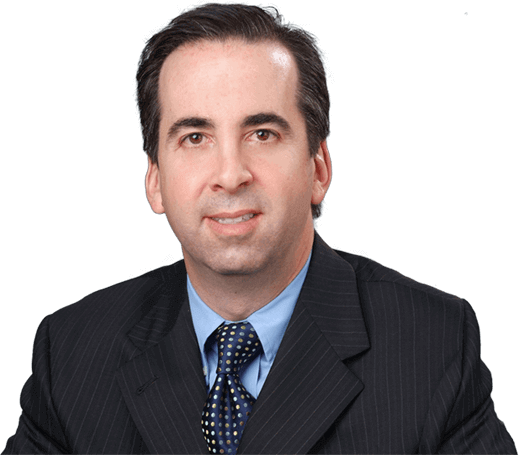What are Your Legal Options after a Rideshare Crash?

Transportation Network Companies (TNCs) have become one of the most popular modes of transportation in many cities across the United States. In Washington DC, they match passengers with rideshare services such as Uber, Lyft, Ola and Didi.
Since the rideshare industry is fairly new, it is largely unregulated, but in 2019, movement(s) towards stricter regulations have taken afoot due to concerns with accidents and customer security, as well as, concerns about drivers who may have criminal backgrounds or poor driving histories. Currently, there are no laws requiring drivers to carry a commercial driver’s or special license. If you are injured in a crash with a rideshare vehicle, you will most likely be covered by insurance, which the companies now routinely offer. Here’s what you should know.
How insurance coverage works for TNCs
Before filing a claim, it’s critical to understand who will be responsible for compensating victims for any losses accrued from a crash involving a rideshare vehicle.
PIP Benefits: If you are a rideshare passenger and you own a vehicle, your own auto insurance company will not cover your losses in this case – unless you have already added the optional personal injury protection (PIP) to your car insurance policy. If you have no-fault coverage (certain states only), it would pay for hospital expenses, surgery, and rehabilitation in the event of a crash. If you do not have PIP or medical payments coverage under your own auto policy, you will not likely qualify for PIP or medical payments coverage under the rideshare driver's policy.
Maryland requires TNCs to purchase commercial insurance. Standard automobile policies will not provide coverage for commercial transportation. In the event of an accident caused by a rideshare driver, the company (or driver) would be personally responsible for paying for medical expenses and other damages to injured passengers. If the loss is caused by a third-party hitting the rideshare driver, then you would pursue a PIP claim against the rideshare (see above) and your injury claim against the third-party’s carrier.
Uber offers comprehensive commercial insurance policies for rideshare companies. This includes third-party liability coverage of:
- Third-party liability insurance: $1 million in primary coverage per crash caused by the rideshare driver; this is triggered when:
- A rideshare vehicle is transporting passengers
- A rideshare driver is awaiting a call or assignment while (on call) or in service, but with no passengers, and hits somebody; and,
- A rideshare driver is on his or her way to pick up a passenger
- Uninsured/underinsured motorist coverage (UM/UIM): If another driver was at fault for causing an accident with a rideshare, the other driver's policy will be the first coverage applicable. If there is no coverage or too little, your UM/UIM will cover the damages if you have added this to your policy.
- Contingent comprehensive and collision: Covers vehicle damage in the event of a crash.
Taking legal action
Even though rideshare drivers are considered independent contractors, injured passengers or motorists are able to recover economic damages under many circumstances if the RS driver was at fault. Additionally, if there is proof that a company knowingly hired a driver with a record of negligent or reckless driving, the company can further be held accountable.
In the event that fault wasn’t attributed to the rideshare driver, injured passengers may be able to recover damages from the other driver’s insurance company – assuming there is coverage there. For example if the accident is hit and a run case, you would look to the UM coverage of the rideshare driver.
Rideshare accidents can be complex and overwhelming because there are a lot of moving parts and parties. That’s why it’s critical that you seek legal representation when proceeding with a claim. An experienced auto accident attorney at the Law Offices of Stuart L. Plotnick, LLC can further discuss your claim with you and devise a strategy to maximize your compensations. Contact us to schedule your free consultation.

